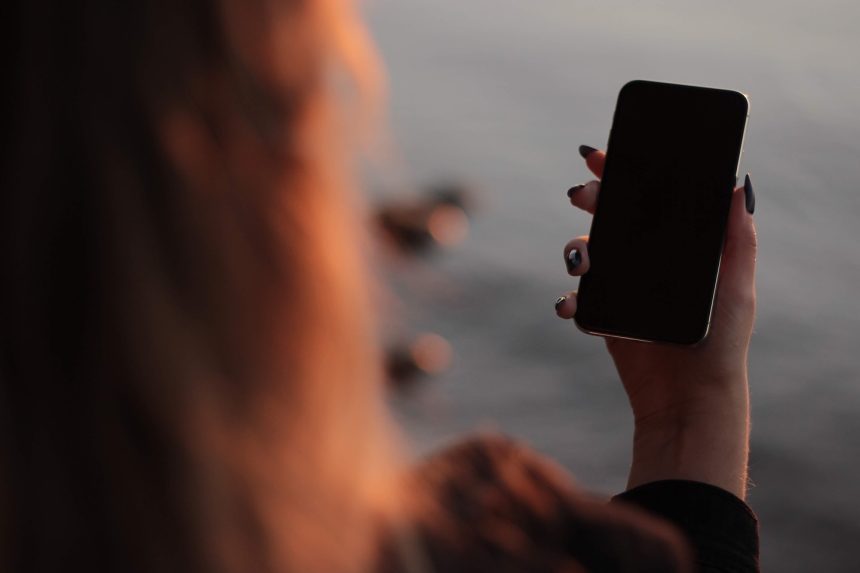The Power of Going Unreachable
In an age of relentless connectivity, silence has become the ultimate status symbol. To be unavailable—offline, unreachable, unplugged—is no longer a sign of being left behind. Instead, it has become a statement of power, privacy, and control. From high-profile CEOs to influencers and artists, a growing number of individuals are embracing digital silence as a way to reclaim their time and presence in a hyper-connected world.
Digital Overload and the Rise of Quiet
We scroll through life, refresh by habit, and check messages before we even get out of bed. But the tide is turning. After decades of glorifying “always on” lifestyles, many are questioning the toll it takes—on mental health, relationships, creativity, and attention.
The shift is particularly visible among those who can afford to step back. Celebrities disappear from social media. Tech leaders send handwritten notes instead of emails. Ultra-wealthy travelers go on “digital detox” retreats where phones are locked away. The unspoken message? If you do not need to be constantly available, you have already won a piece of the modern luxury puzzle.
Silence Is the New Signature Accessory
In the 20th century, luxury meant excess: more things, more visibility, more noise. Today, luxury is often defined by absence—of notifications, public profiles, or algorithm-driven exposure.
Think of it as the status of silence. The most exclusive experiences—private islands, boutique hideaways, invitation-only clubs—emphasize seclusion and discretion. Even in the tech world, silence is being monetized: Apple’s Focus Mode, apps like Freedom or One Sec, and wellness-oriented phones cater to those willing to pay to be left alone.
Being offline is no longer a technical limitation. It is a deliberate choice that signals autonomy, security, and rare access to something increasingly scarce: peace.
Who Gets to Be Offline?
Of course, the freedom to disconnect is not equally distributed. For most people, being online is a necessity: for work, school, social life, or survival. Constant availability is often expected—and enforced—by employers, peers, or family.
That is what makes intentional silence so aspirational. To not post every meal, to leave messages unread, to have no Wi-Fi for days is a luxury of time, money, and power. It suggests a life that does not depend on digital validation—or, perhaps more provocatively, a life that others watch without being able to watch back.
The Future of (Not) Being Seen
As society wrestles with screen fatigue and algorithmic overstimulation, the appeal of being invisible will likely grow. Expect more tools that help people vanish on demand. Expect more curated retreats that promise silence not just as rest, but as prestige. Expect fewer updates from people you used to follow religiously.
Silence is no longer just golden—it is elite. And in a world screaming for attention, choosing not to speak might just be the loudest message of all.
Conclusion
To be offline, today, is not to disappear. It is to exist on a different plane—one where control, calm, and curation matter more than reach or clicks. In the new hierarchy of digital culture, silence has become the most expensive sound.











